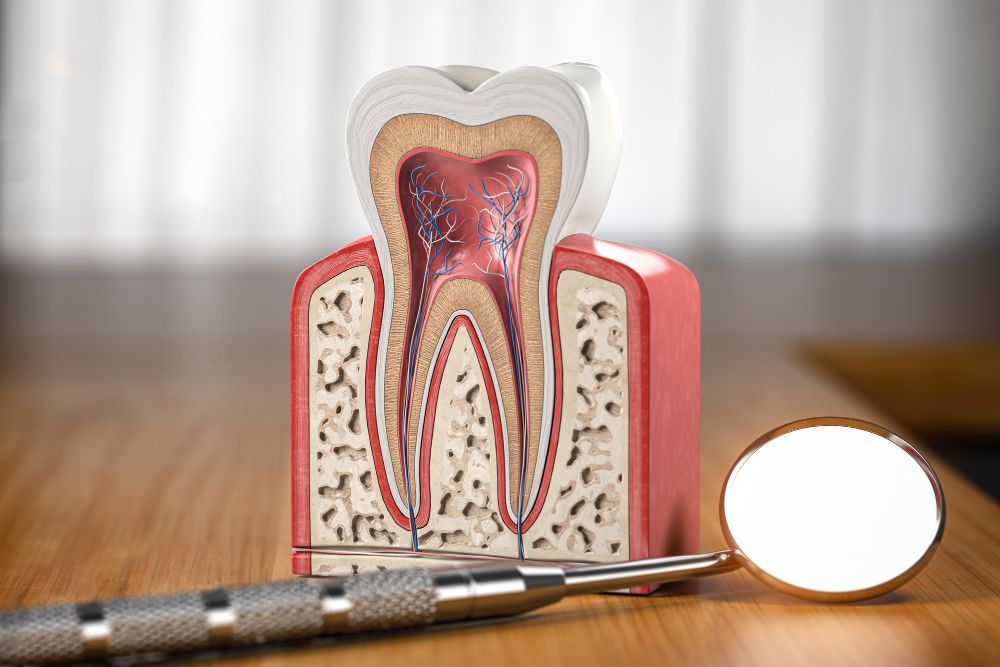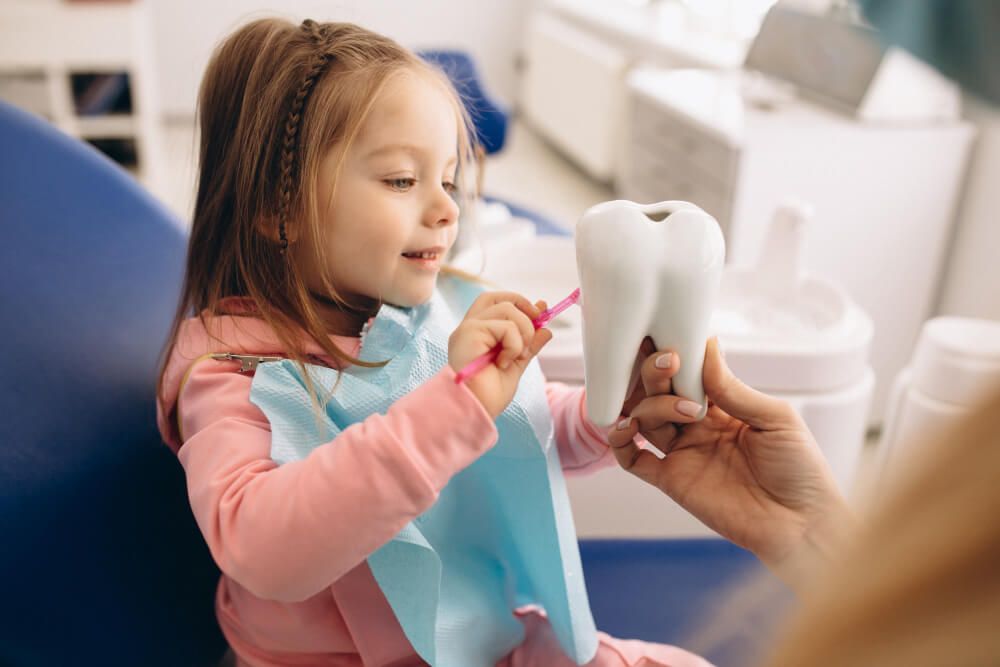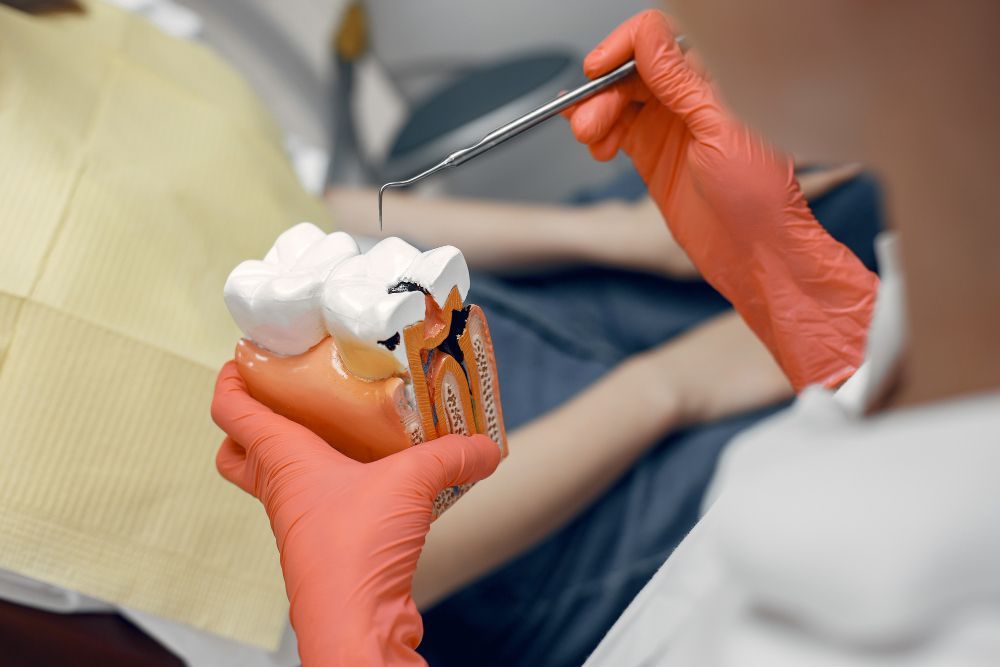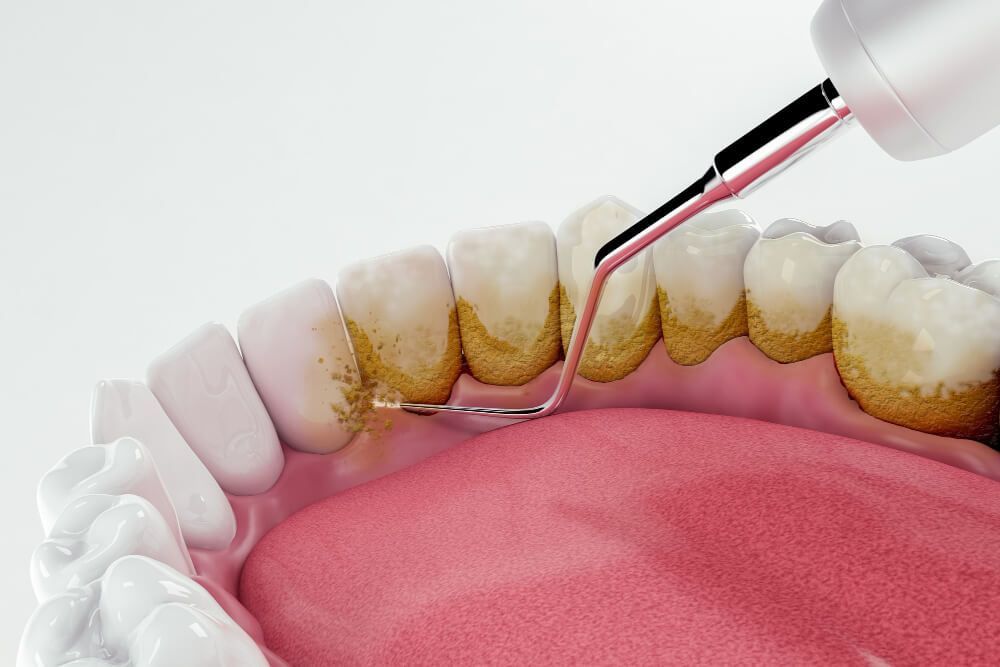The Role of Diet in Dental Health
The Role of Diet in Dental Health

Good oral health is essential for overall well-being, and diet plays an important role in maintaining it. The types of food and drinks you consume directly impact your dental health, making it important to understand the connection between diet and dental health. Eating a balanced diet that is low in sugary and acidic foods and beverages, and high in vitamins and minerals can help to keep your teeth and gums healthy. In this blog post, we will discuss the impact of diet on dental health, and the steps you can take to maintain a healthy smile.
How does diet affect oral health?
Diet is an important factor when it comes to dental health. What you eat and drink directly affects your teeth and gums. Eating sugary and acidic foods can increase your risk of developing cavities, gum disease, and tooth decay. It’s important to maintain a healthy diet in order to keep your teeth and gums healthy.
The bacteria that live in your mouth feed on the sugars that are found in certain foods. When these bacteria break down the sugar, they produce acid which can weaken the enamel on your teeth. This makes them more vulnerable to cavities and decay. Acidic foods can also contribute to the breakdown of enamel, leaving teeth more prone to damage.
In addition to this, certain foods can also help to protect your teeth and gums from decay. Eating crunchy vegetables like carrots and celery helps to remove plaque from your teeth and massage your gums. Dairy products, such as cheese and yogurt, are high in calcium which can help to strengthen enamel and protect against decay. Eating foods rich in vitamins A, C, and D can also help to keep your gums healthy by promoting the growth of strong tissue.
What are some specific foods that are good for dental health?
Eating a variety of nutritious foods is essential for dental health. Certain foods are especially helpful for keeping teeth and gums healthy.
- Foods that are high in calcium, such as dairy products like milk, yogurt, and cheese, are good for teeth. Calcium helps keep teeth strong and helps prevent cavities. Other sources of calcium include leafy green vegetables like kale and spinach, nuts, and fortified cereals.
- Fruits and vegetables are excellent sources of vitamins and minerals that help keep teeth strong and healthy. Fruits like apples and oranges contain natural sugars that can stimulate saliva production, which helps reduce bacteria in the mouth. Dark green vegetables like broccoli and spinach are good sources of vitamin A and C, which are important for strong teeth and gums.
- The fiber in whole grains is also beneficial for dental health. Whole grains help promote saliva production, which can reduce plaque buildup.
- Finally, snacking on crunchy vegetables like carrots and celery can help clean teeth naturally. The fibrous texture helps to remove plaque and food particles that get stuck between teeth and along the gum line.
Incorporating these types of foods into your diet is an important part of maintaining good dental health. Eating a balanced diet that includes plenty of fruits, vegetables, whole grains, and dairy will help keep your teeth strong and healthy.
How can I make sure my diet is good for my dental health?
Eating a variety of foods from the five food groups is important for overall health, including dental health. Make sure to include dairy products, fruits and vegetables, proteins, whole grains, and healthy fats and oils in your diet.
It’s also important to limit sugary and acidic foods as they can cause tooth decay and erosion. Minimize snacking throughout the day as this can increase plaque build-up on your teeth.
Remember to drink plenty of water throughout the day and after meals to help rinse away food particles and acid. Brushing and flossing your teeth twice a day is also essential for keeping your teeth clean and healthy.
By eating a balanced diet with nutritious foods that benefit your dental health and limiting sugary and acidic snacks, you can make sure your diet is good for your oral health.








